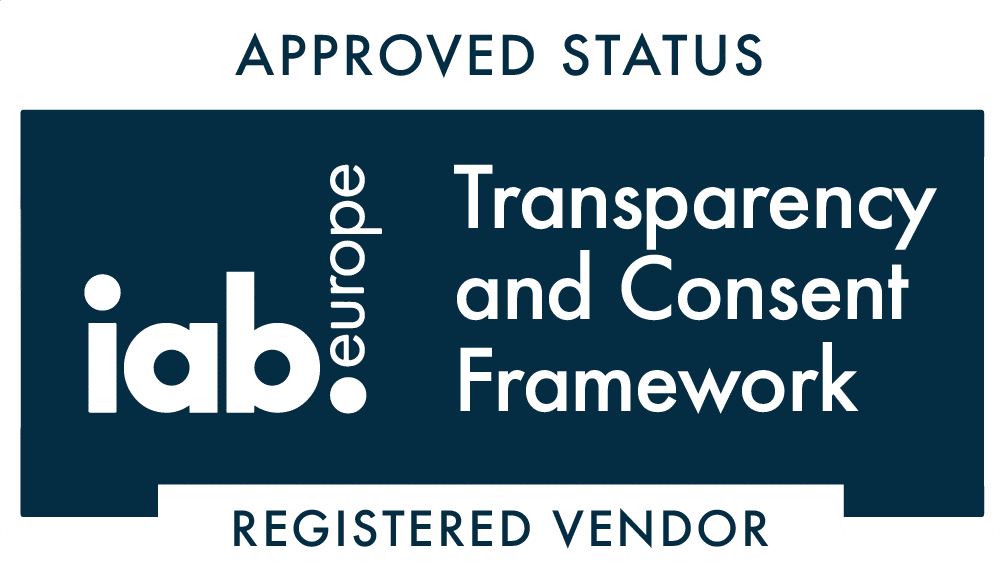Much to the relief of webmasters and web users all over the World, the European Commission has announced plans to overhaul the EU cookie laws , with the aim to reduce the need for obtrusive cookie banners.
Since 2012, webmasters have been required to inform users whenever cookies are saved on their computers. Under the proposed new rules, webmasters will no longer have to seek consent from individuals. Instead, websites will be able to apply a user’s rules, which are saved within a browser. European Commission vice-president, Andrus Ansip, explained that the new rules are “so that internet users do not have to click on a banner every time they visit a website”. While this sounds like an improvement, it may have dire consequences for a free and open Internet.
The objective of the change is to reduce the need for obtrusive banners which have a negative impact on user experience. Under the current system, a website that collects cookies (which is practically all) must request permission to do so from all users who are visiting from the EU region.
Contrary to popular belief, this does not mean only EU businesses are affected – all websites are expected to show a cookie consent banner if they receive readers from the EU, meaning that American businesses, for instance, need also to display the banners. This has led a multiple complaints and criticisms from loyal customers.
Impact on advertising
These changes are likely to impact advertising, and this is of great concern to many digital media companies. Cookies, which are small files that are downloaded and saved within a web browser, are used by some advertising platforms to deliver more relevant adverts to users.
The more relevant an advert is, the more likely somebody is to look at it, and click it. This is good news for both advertisers and publishers. However, if the default browser setting is to decline cookies, the ability to effectively target adverts may decline significantly, which will be bad news for business and media.
The death of retargeting?
One of the most powerful forms of digital advertising is retargeting. This is the system whereby visitors to a website will later see adverts appearing for that website. When you browse a site, a cookie is stored on your computer, and this is then used by advertisers to deliver ads straight to you.
However, it may not be all bad news, as in a cookieless world, retargeting is not only possible, according to an article on Retargeter.com, it might actually become even more powerful. But, the solution will involve making use of users’ social media data, which will undoubtedly give rise to a new wave of privacy concerns.
It is important to note that at the moment the EU has only proposed changes to the EU cookie laws – the law has not yet been changed.
While we all agree that cookie banners are bad for the user experience, it is hard to see how the proposed changes will be good for Internet users and businesses. If ad-funded services, such as news portals, social media sites and blogs are negatively impacted, we could see a sudden and dramatic reduction in the quality and quantity for free information on the web.
The European Commission hopes to make the proposed changes law by May 2018, which gives publishers and advertisers just over a year to prepare. OKO will continue to monitor developments in Europe and work with Google to ensure that publishers continue to earn the best advertising revenues possible on their websites.
If you have any concerns about cookie law and how it may impact your business model, contact OKO today.






